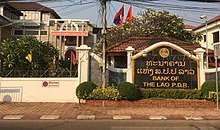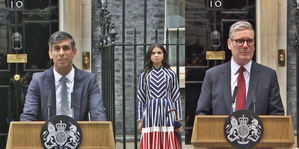Big companies, like Nestlé, are funding health research in South Africa – why this is wrong

Johannesburg: In 2021, the director of the African Research University Alliance Centre of Excellence in Food Security at the University of Pretoria was appointed to the board of the transnational food corporation Nestlé.
At the time a group of more than 200 senior academics wrote an open letter, about conflicts of interest. Nestlé’s portfolio of foods, by its own admission, includes more than 60 per cent that don’t meet the definition of healthy products.
In December last year, the same centre announced it had signed a memorandum of understanding with Nestlé. It signalled their intent to “forge a transformative partnership” to shape “the future of food and nutrition research and education” and transform “Africa’s food systems”.
This is not an isolated case.
Across African universities, companies with products that are harmful to health fund health-related research and education.
Nestlé, for example, “shares expertise” with “eight universities in Africa”.
These include the Institute of Applied Science and Technology at the University of Ghana and the Centre Suisse de Recherches Scientifiques in Côte d’Ivoire.
Activities funded under agreements with universities include internships, seminars and training programmes as well as sponsorships for graduate research students.





